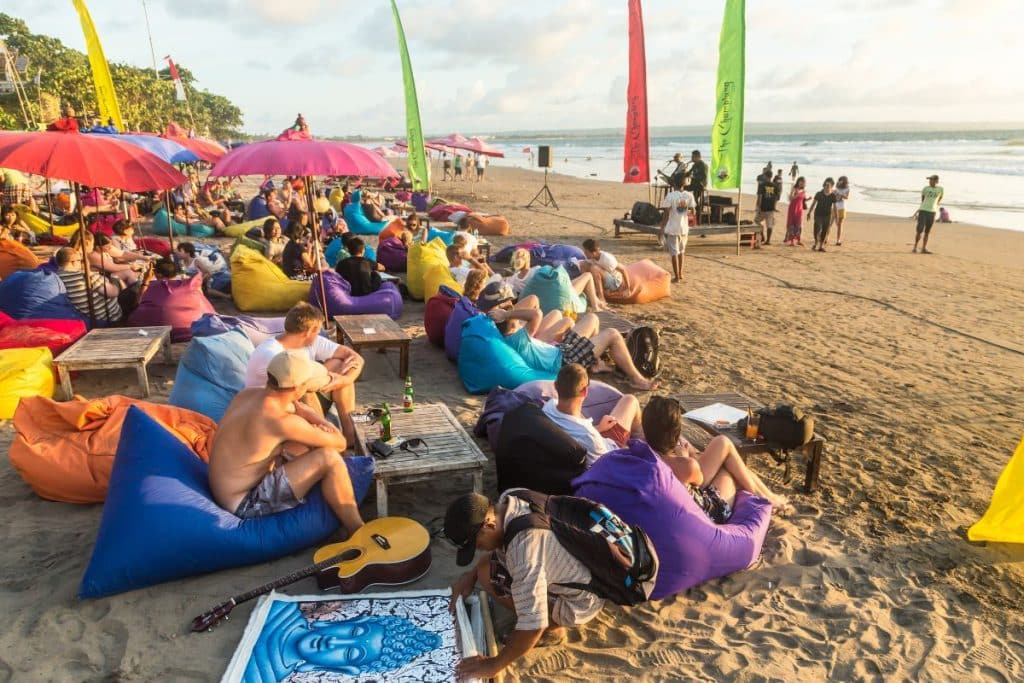Sandiaga Uno, Indonesia’s Minister of Tourism and Creative Economies, has released statements urging Bali to reduce the risks associated with overtourism.
The island, which receives more than 6 million foreign visitors a year, is beginning to show signs of the harmful effects of tourism, which Minister Uno says must be addressed as soon as possible.
Bali has undoubtedly benefited in many ways from the positive effects of tourism, but it is clear that the industry’s strain on the island’s natural resources, infrastructure, and people is gradually getting out of control.
Although some might argue that the island has been experiencing the effects of overtourism for at least a decade, government officials are more aware than ever that protective measures must be taken now.
Overtourism has a negative impact on the quality of life and livelihood of locals, as evidenced by the rising cost of living in the region and the detour of resources from locals to the tourism industry.
The growth of tourism and overtourism have been connected to a variety of environmental problems, including water pollution, noise pollution, air pollution, waste management problems, reduction of agricultural land, and, in certain cases, deforestation.
Although Minister Uno and his teams have been trying to boost international tourism in the wake of the pandemic, data suggest that demand from foreign visitors for travel to Bali is growing much faster than domestic tourists.
“I see visits continuing to increase by more than 80 percent year on year for foreign tourists. Meanwhile, domestic tourists are still growing between single digits or low double digits,” Minister Uno said.

Although Bali hasn’t yet met all the requirements to be classified as a destination that is suffering from overtourism, it’s getting there, according to Minister Uno.
Intensive discussions have been taking place for years between Minister Uno and the Governor of Bali, Wayan Koster, about the need for higher quality and more sustainable tourism on the island.
Tourists have to pay a price for high-quality, environmentally responsible tourism. Although Bali is considered a first-class resort, the vast majority of visitors choose activities and accommodations associated with mass tourism.
Leaders like Minister Uno want to see a change in the tourism industry that attracts visitors who want a more luxurious experience when visiting Bali, who are willing to pay more for a trip that supports sustainable tourism, and who may even stay longer on the island.
“We [want to] ensure that the number of tourism visits with a target of 8.5 million this year starts shifting to tourists who stay longer and spend on the larger local economy. Bali, for example,” Minister Uno said.

